Meeting daily nutritional requirements is essential for maintaining good health. However, for some individuals, especially those with low appetite or trouble swallowing, it may be difficult to meet daily nutritional requirements. Fortified cereals offer a convenient and effective option for people who may struggle to obtain essential vitamins and minerals through their diet alone. So, what are fortified cereals? Here, we’ll answer this and more questions to help you find a healthy and delicious option for your specific nutritional needs.

What Are Fortified Cereals?
If you occasionally enjoy a delicious sandwich, tasty granola bar or protein drink, chances are, they contain added vitamins and minerals. Fortified cereals are traditional breakfast staples that have been enhanced with added nutrients, such as iron and B vitamins, to boost their nutritional value. This makes them a great option for individuals who may have difficulty consuming a diverse range of foods, or those who have increased nutrient requirements due to certain health conditions.
Common Fortified Nutrients
Adding meals that are packed with essential nutrients to your diet can help you meet your nutritional needs. Most fortified breakfast cereals are loaded with added nutrients and minerals, including:
- Vitamin D
- Calcium
- Iron
- B Vitamins (B1, B2, B3, B6, B12)
- Folic Acid
- Vitamin A
- Vitamin C
- Vitamin E
- Zinc
- Magnesium
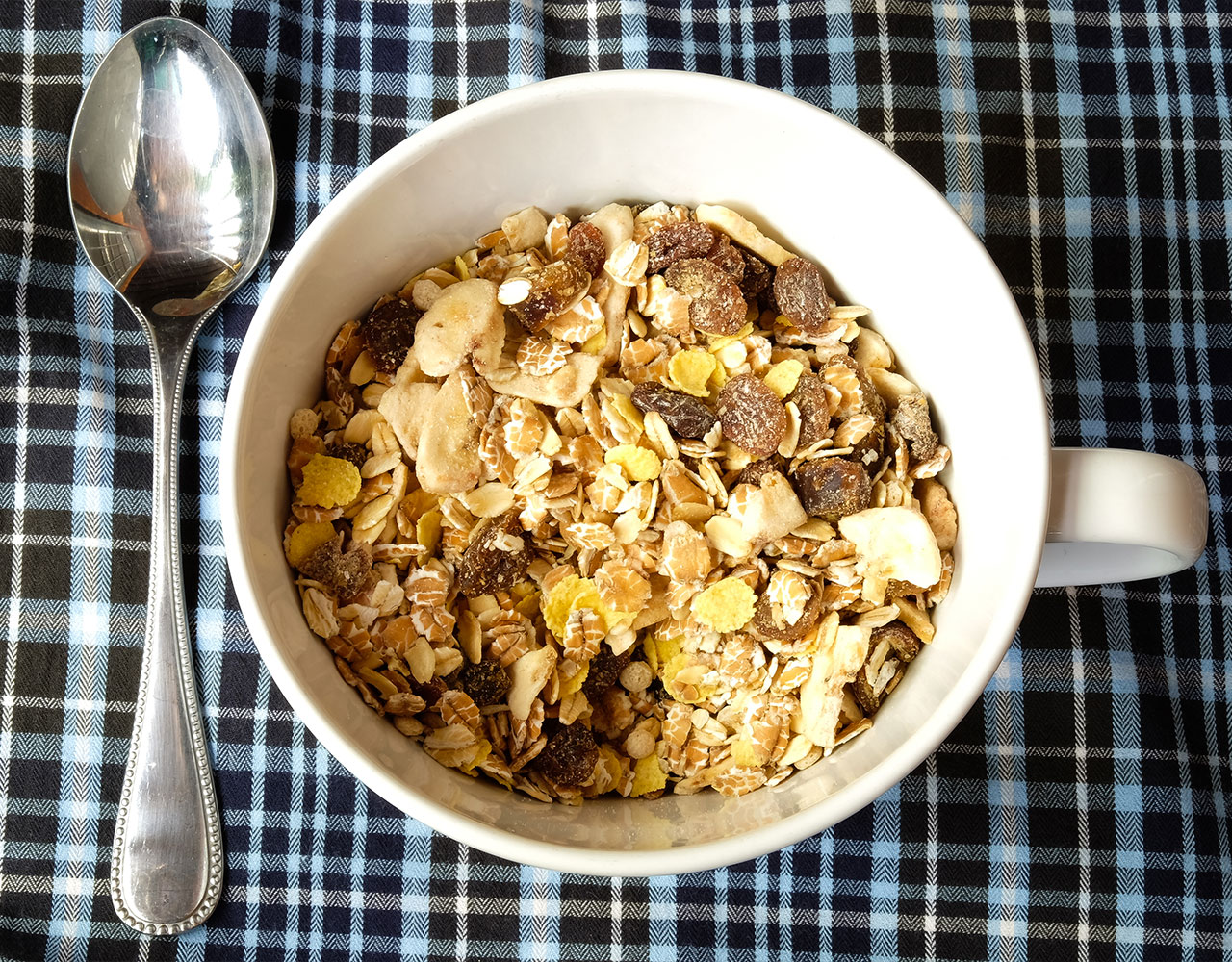
The Benefits Of Fortified Cereals
Incorporating fortified cereals into you or your loved one’s diet can have a host of key benefits.
- As we age, our bodies may require higher levels of certain essential nutrients, such as vitamin D, calcium and B vitamins. Most fortified cereals are loaded with vital nutrients in a delicious and more accessible form.
- Fortified cereals can help seniors combat common nutritional deficiencies that may arise due to age-related factors, such as decreased appetite, dental issues or difficulty chewing certain foods.
- Additionally, fortified cereals can be a valuable source of fiber, which is essential for digestive health and may help reduce constipation, which can be a common concern among seniors.
- Another benefit of eating fortified cereals is their versatility. They can be enjoyed with milk, fruit or sprinkled over yogurt for added crunch and flavor.
Downsides And Misconceptions Of Fortified Cereals
While fortified cereals can be a convenient way to boost nutrient intake, there are some potential downsides and misconceptions worth considering, including:
- Added sugar: Some fortified cereals contain huge amounts of added sugars to enhance flavor, which can be problematic for individuals with certain health conditions or those looking to lose weight. It’s generally advisable to opt for unsweetened varieties or cereals with a minimal amount of added sugar.
- Overconsumption of nutrients: While fortified cereals aim to provide essential vitamins and minerals, consuming excessive amounts of fortified nutrients can have adverse effects, especially for seniors who may already be taking supplements or medications.
- Misleading health claims: Some fortified cereals may feature misleading health claims on their packaging, leading consumers, especially seniors, to believe they are a cure-all for various health conditions. It’s advisable that you approach these claims with skepticism and only rely on reliable sources of information, such as nutritionists or health care professionals, to make informed decisions about you or your loved one’s diet.
- Potential digestive issues: Fortified cereals may contain added fibers, such as bran or soluble fibers, which can promote good digestive health. While fiber is essential for regular bowel movements and overall gut health, individuals with sensitive digestive systems may experience bloating, gas or discomfort after consuming high-fiber-fortified cereals.
A common misconception is that fortified cereals can replace fresh, nutrient-rich foods in the diet. While they can be a convenient source of certain vitamins and minerals, it’s not advisable to rely solely on fortified cereal to meet your nutritional needs. Instead, aim to add a variety of whole foods, like fresh fruits, vegetables and grains, into your diet.
Our Favorite Choices
Whether you’re looking to boost your loved one’s intake of essential nutrients or simply enjoy a delicious and nutritious bowl of cereal, it’s important to talk to your doctor for specific recommendations. Here are some of our best cereal picks:
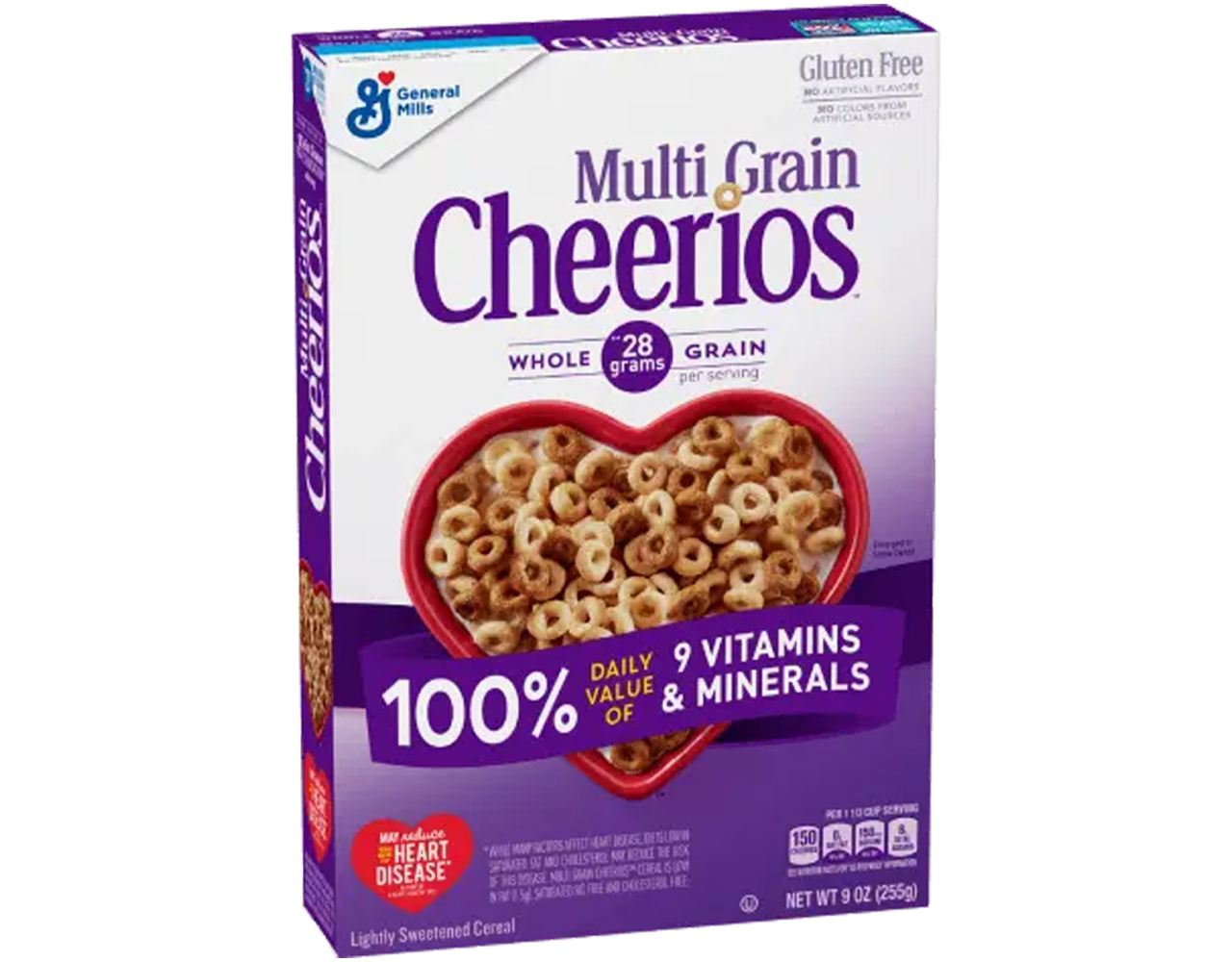
Gluten-Free Option: Cheerios
Cheerios are made from premium gluten-free ingredients and fortified with essential nutrients, making it a wholesome and satisfying way to start the day for individuals with gluten sensitivity.
Price: $3.68 ($0.34/oz)
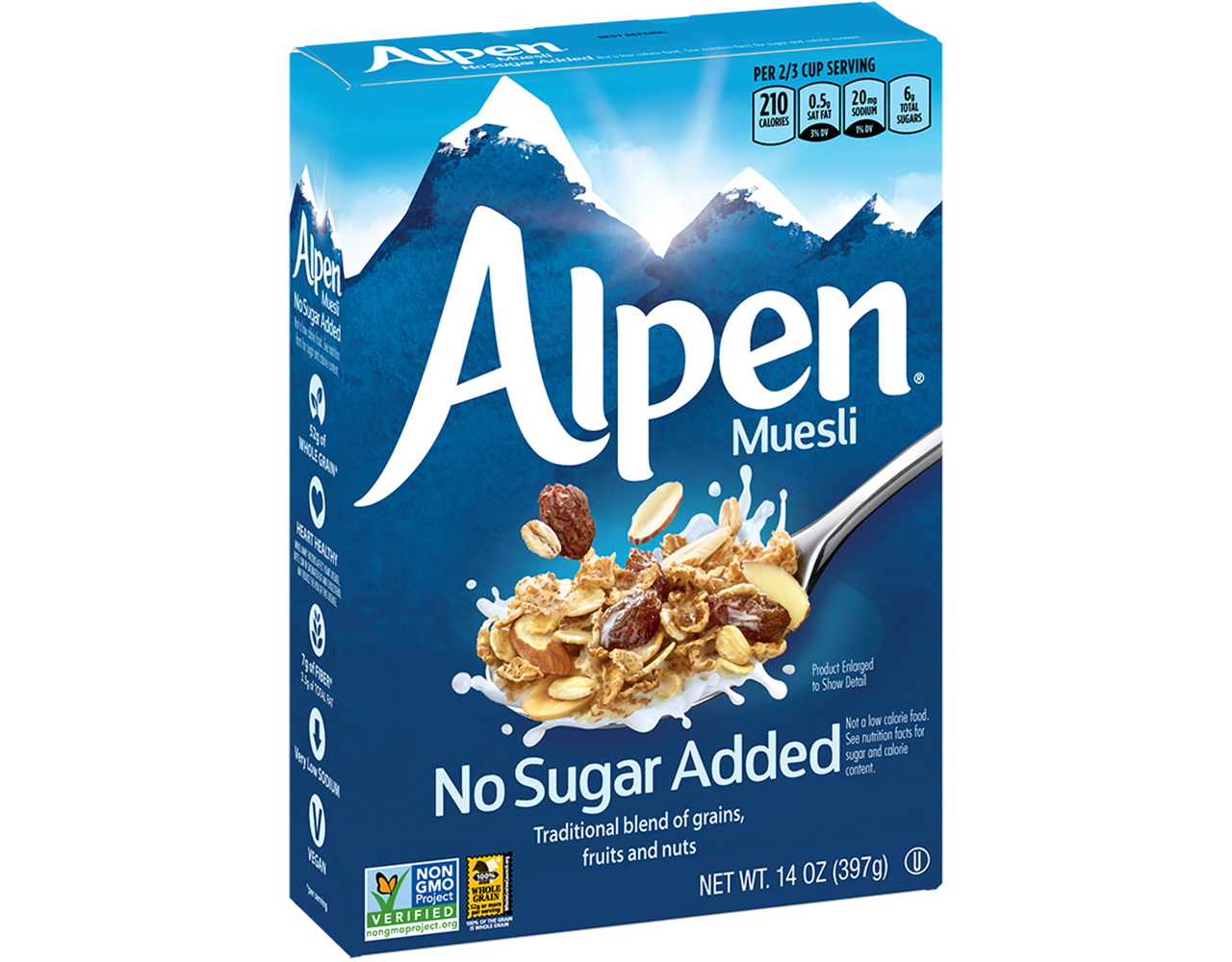
Diabetic-Friendly Cereal: Alpen
Alpen is made from all-natural ingredients, like whole grain wheat, nuts and raisins without added sugars and offers a tasty and diabetic-friendly option. It’s great for those looking to watch their sugar levels without sacrificing taste or nutrition.
Price: $6.99 ($0.50/oz)
Amazon rating: 4.3/5
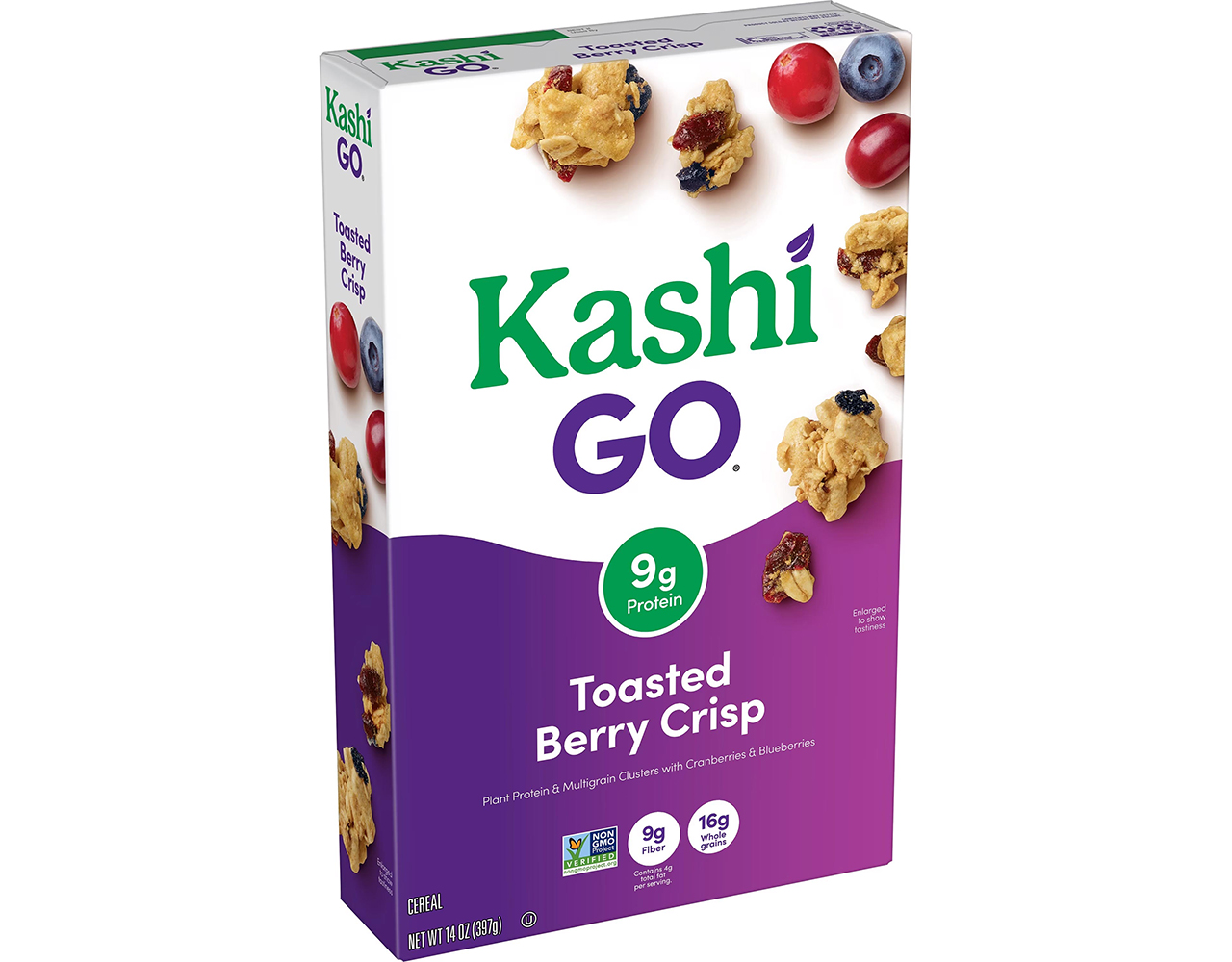
Vegan Or Vegetarian: Kashi GO Cold Breakfast Cereal
If you’re looking for a delicious plant-based cereal, the Kashi GO Cold Breakfast Cereal offers a great option. It comes in a variety of tasty flavors and can be enjoyed with your favorite plant-based milk or sprinkled over a smoothie.
Price: $4.99 ($0.38/oz)
Amazon rating: 4.6/5
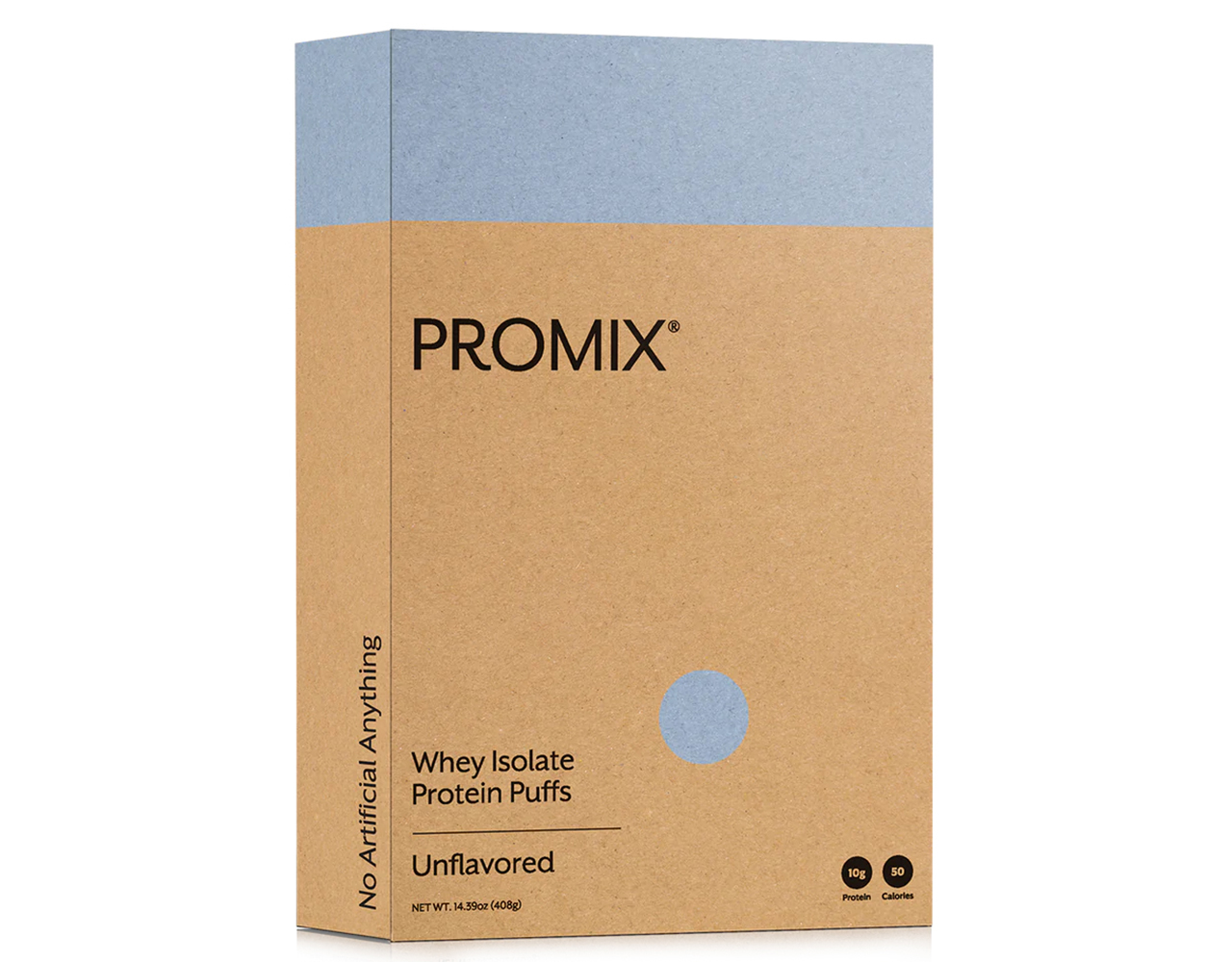
Low Carb: Promix Unflavored Whey Protein Puffs
Promix Unflavored Whey Protein Puffs are packed with protein, fiber and other vital vitamins and minerals while maintaining a low amount of carbs per serving. This makes it ideal for individuals looking to cut down on carbs.
Price: $24 ($1.66/oz)
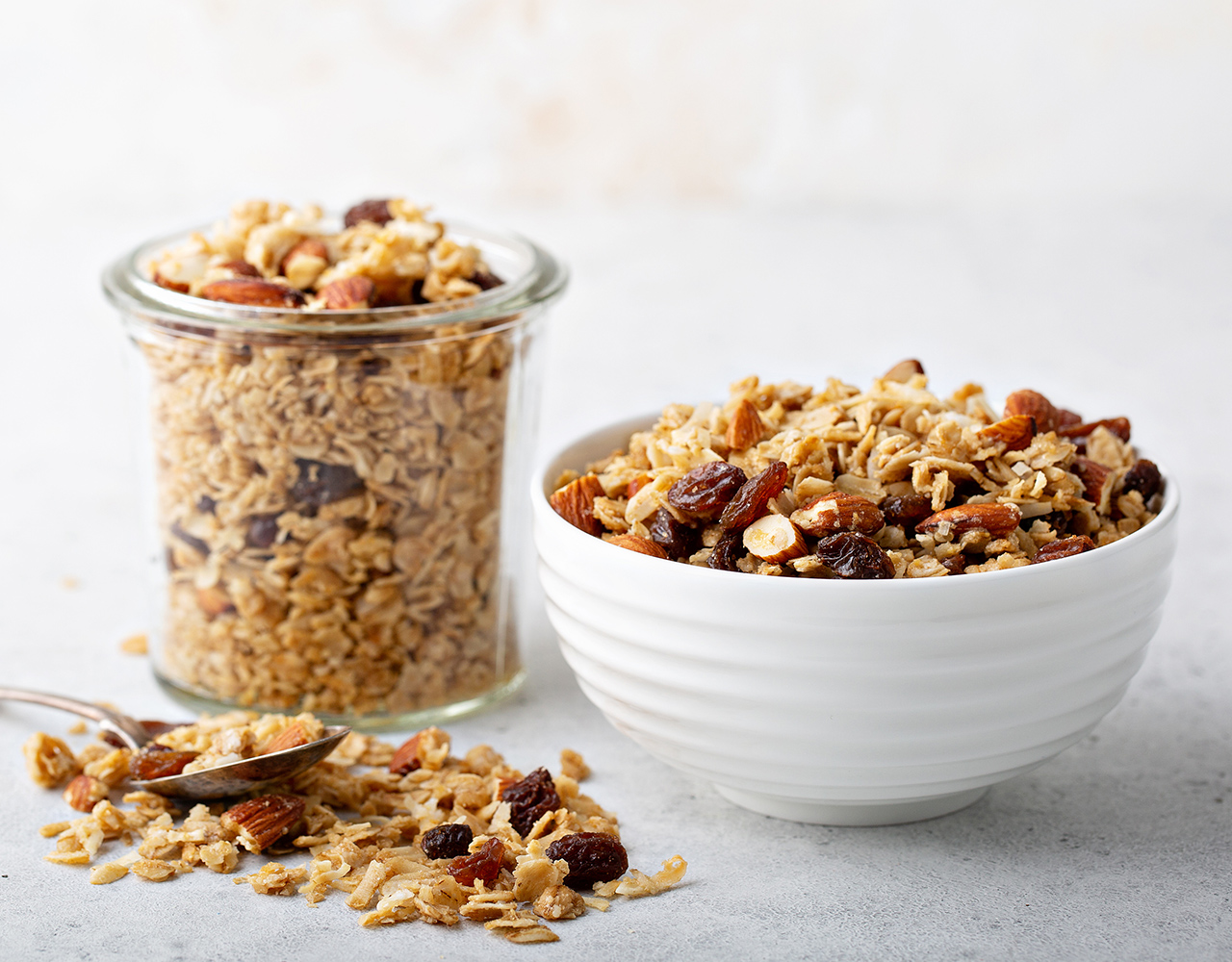
Homemade Option
While store-bought cereals provide a convenient option for seniors, crafting your own wholesome fortified cereal allows you to pick ingredients that contain the vitamins and nutrients you need. Here’s how you can make a healthy and tasty fortified cereal for yourself or a loved one in five easy steps:
- Start with a base of whole-grain oats or bran flakes for fiber.
- Add in nuts, like almonds or walnuts, for healthy fats and protein.
- Sprinkle in some dried fruits, such as raisins or cranberries, for natural sweetness and vitamins.
- Add some flaxseeds or chia seeds for omega-3 fatty acids.
- Combine all the ingredients in a bowl, and enjoy with a smoothie, some milk or yogurt.
Choosing The Right Fortified Cereals
Fortified cereals can be a convenient and tasty way to boost your intake of essential vitamins and minerals. However, with so many options to choose from, you may find it challenging to pick the right one for yourself or a loved one. Here are some tips to help you choose the right fortified cereal:
- Check the nutrition label: Examine the nutrition label to assess the cereal’s overall nutritional content. Opt for cereals that are high in fiber and low in added sugars and unhealthy fats.
- Consider dietary needs: Take into account any specific dietary needs or allergies when choosing a fortified cereal. For instance, if your loved one has gluten intolerance, they should avoid cereals that contain barley, rye or oats, which can be rich in gluten.
- Watch out for added ingredients: Be mindful of added ingredients, like artificial colors, flavors and preservatives, as well as excessive amounts of sodium. Instead, opt for cereals made from natural ingredients.
- Consider taste and texture preferences: Ultimately, the best fortified cereal is one that you or your loved one will enjoy eating. Whether you prefer crispy flakes or crunchy granola clusters, it’s important to choose a cereal that you find delicious.
Healthy And Hearty Meals With StoryPoint Group
At StoryPoint Group communities, we recognize the importance of a healthy diet. Our residents enjoy a wide variety of tasty, nutritious meals made by award-winning chefs using fresh ingredients sourced from local farmers. Our culinary team helps residents get the energy they need to make the most of each day. Contact us today, or come enjoy a meal in one of our communities and find out what it’s like to live with us. We can’t wait to get to know you!











